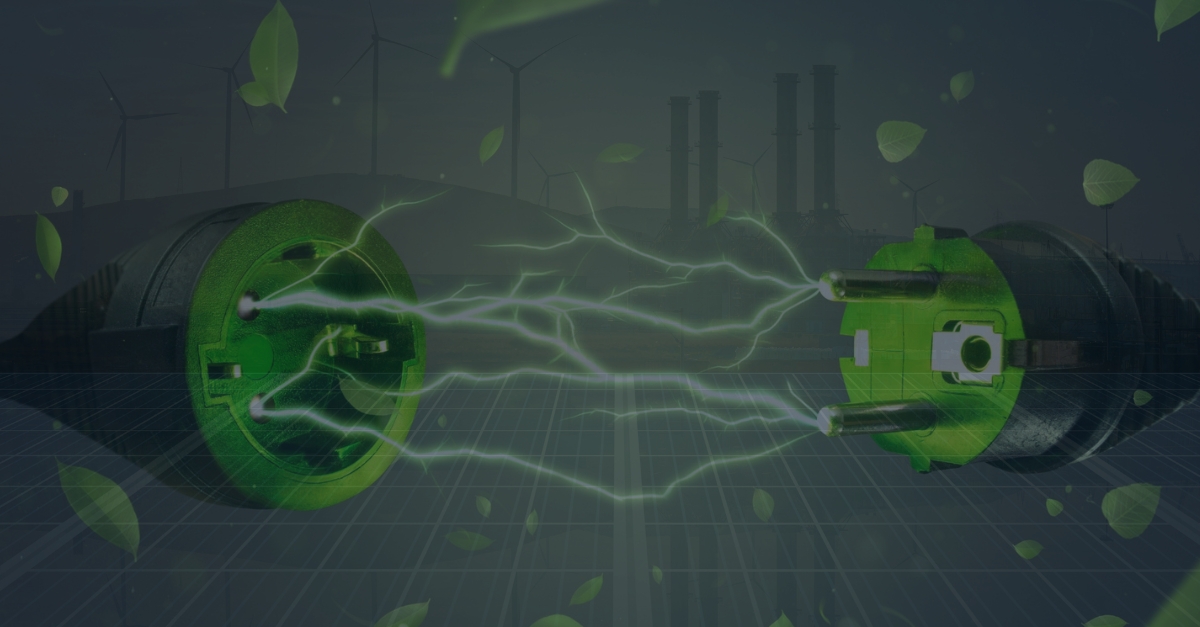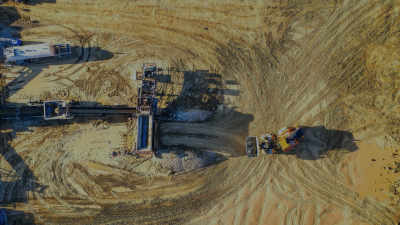Verbrec relies on its strong professional relationships with clients to transform assets and people for a sustainable and smarter future.
As a leading engineering, asset management, infrastructure and training services provider, Verbrec operates across the entire asset life cycle.
As the Industry goes digital and moves closer to its net-zero targets, the company has built an ecosystem offering solutions around four core services which are engineered to enable its clients to not only be prepared for the time ahead but also meet their near-term needs.
Verbrec brings together more than three decades of experience in engineering and operational services to the energy, infrastructure and mining sectors.
With capabilities that range from concept design to end-of-life management, the company is uniquely positioned to support clients in their energy transition goals.
“With the net-zero transition clearly underway, I firmly believe that Verbrec is ideally positioned to expand the assistance it provides to current clients, as well as developing new markets, particularly within the renewable energy and digital technology space,” Verbrec Chief Executive Officer Mark Read said.
“I look forward to delivering on the next stage in the evolution of Verbrec – building upon our purpose, increasing the brand’s value and enhancing the environment in which we can all grow and flourish – resulting in strengthened relationships with our key clients, provide staff with the opportunity to work on great projects, whilst delivering outstanding value.”
Verbrec’s experienced team operates across multiple regions, including Australia, New Zealand, Papua New Guinea and the Pacific Islands, executing projects for organisations of all size.
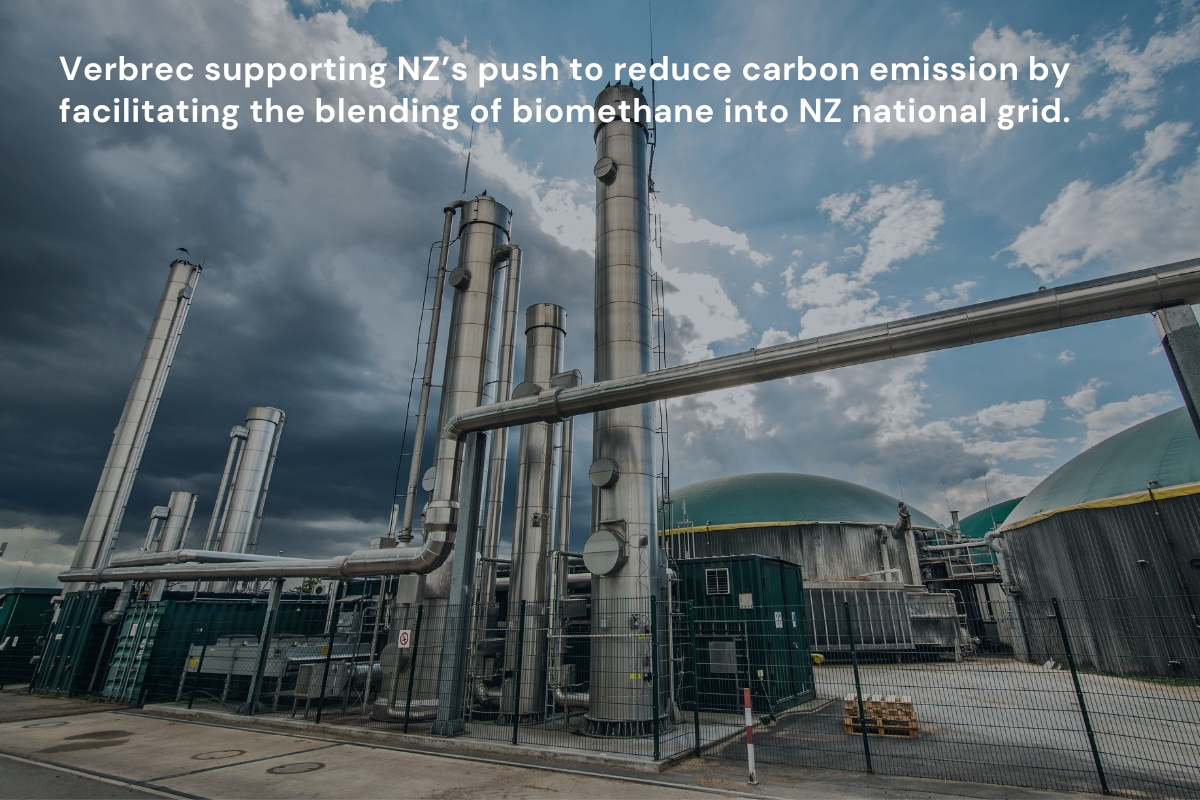
Broadlands biogas upgrade
Across the Tasman, Verbrec was awarded the Broadlands Biogas Upgrade design for First Renewables Limited (FRL), as part of the Firstgas Group.
The New Zealand Verbrec team will carry out the detailed design engineering contract for the balance of the plant of the Broadlands Biogas Upgrading facility.
This also includes linking the biogas upgrading unit and RTO with Firstgas metering to enable it to be safely injected into the gas transmission system.
The company will also complete engineering design to upgrade three Firstgas transmission facilities to be able facilitate biomethane injection.
This specifically involves lowering the pressure of a section of gas transmission pipeline to accept the biomethane and designing a new pipeline to connect the biogas upgrading facility to the transmission system.
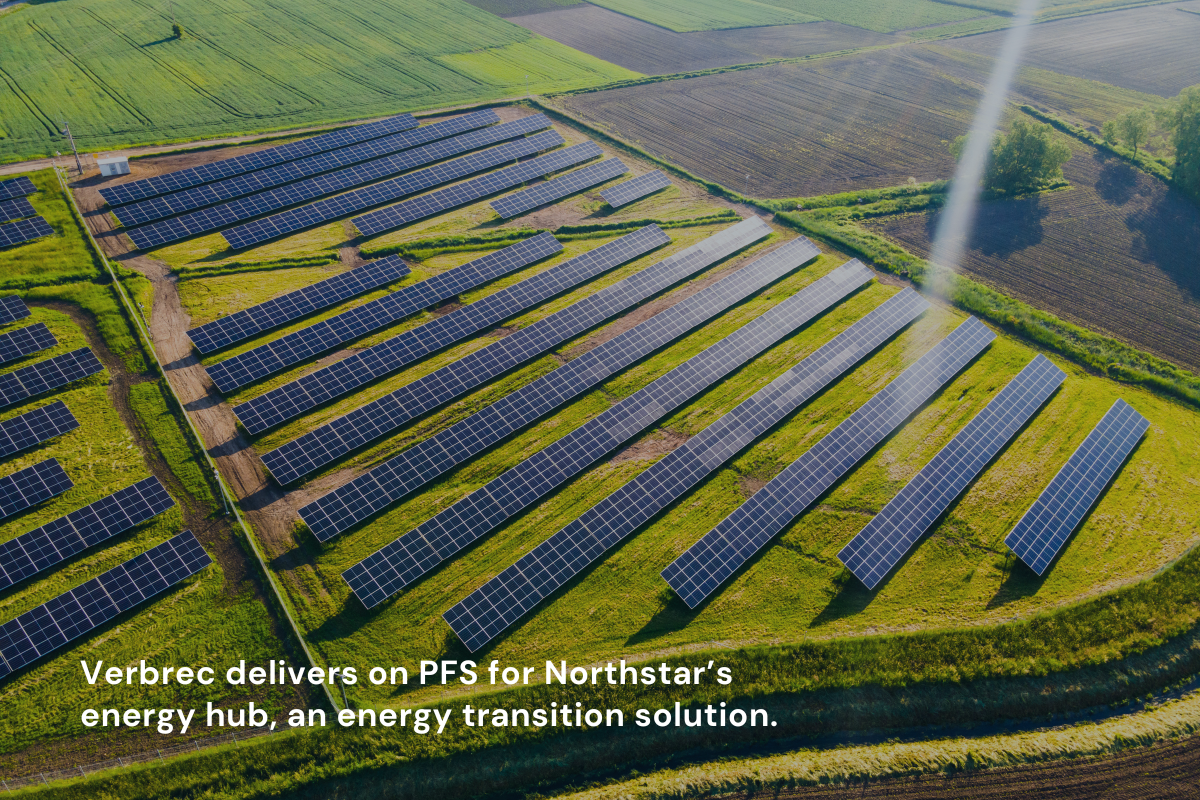
Energy evolution hub
Back in Australia, Verbrec demonstrated its capabilities through a pre-feasibility study for an energy evolution hub (EEH) near Charleville in Queensland. The company was engaged by NorthStar Energy to assess the feasibility of creating the EEH, which will produce green and blue hydrogen as well as ammonia and fertiliser for domestic and global markets.
The study focused on a three-phase development strategy: Phase 1 – green hydrogen pilot; Phase 2 – green hydrogen and ammonia full-scale production; and Phase 3 – blue hydrogen, ammonia and urea production.
The Verbrec team evaluated the feasibility of the project on several fronts, including the availability and reliability of resources and infrastructure.
This included assessing proton exchange membranes (PEM) and alkaline hydrogen electrolyser technology powered by solar photovoltaic trackers and a battery storage system for green hydrogen and ammonia production.
For blue hydrogen and ammonia, the synco autothermal reformer process was assessed with natural gas as feedstock and carbon capture via urea production.
Verbrec successfully confirmed the technical feasibility of producing green and blue hydrogen and ammonia.
As a result, the feasibility study allowed NorthStar Energy to evaluate project investment decisions confidently and commence scoping of a front-end engineering and design (FEED) study for a pilot-scale green hydrogen plant.
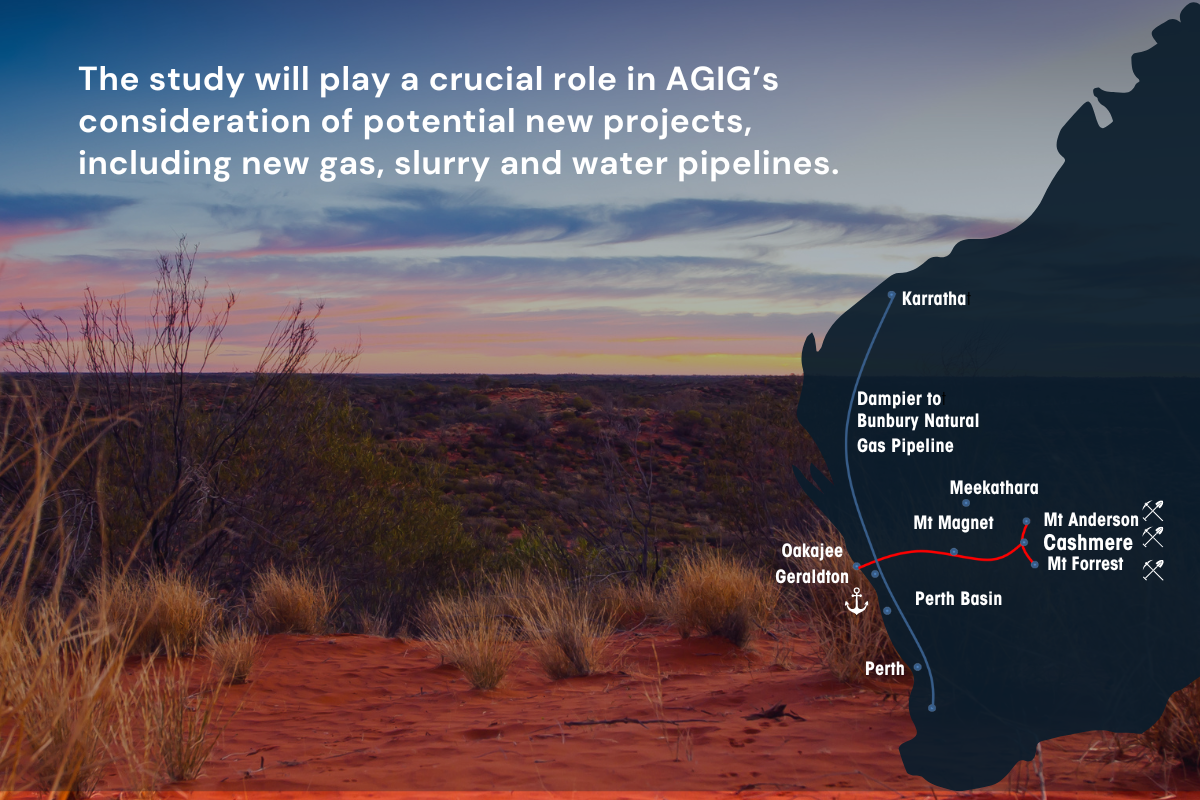
Mid-west shared infrastructure project
One of Verbrec’s most recent contracts was the pre-feasibility study for the Mid-West Shared Infrastructure project (MWSIP) in WA, which it was awarded by the Australian Gas Infrastructure Group (AGIG) in May 2023.
The study will develop a costing model associated with the development of infrastructure for the export of iron ore from the Yilgarn region of WA.
It will specifically cost the capital expenditure (capex) and operational expenditure (opex) of a base case shipment of 30 million tonnes per annum (MTPA) of magnetite iron ore.
The study will also include factored estimates for 60 and 90Mtpa to verify a robust business case to further develop the infrastructure bringing high-quality magnetite from the Yilgarn to market.
The pre-feasibility study will also include the work areas of energy and power, concentrate transportation, return and top up water, end of line facilities, port, and marine. In January 2023, the company started early works on the basis of design (BOD) for the PFS and now completed the BOD.
The company recently challenged its system using a digital twin, from mine gate to landing the magnetite product into the hold of an Ocean Going Vessel, via transhipping barges.
Through this, Verbrec confirmed that the system will deliver the 30 MTPA base case, within appropriate operational constraints.
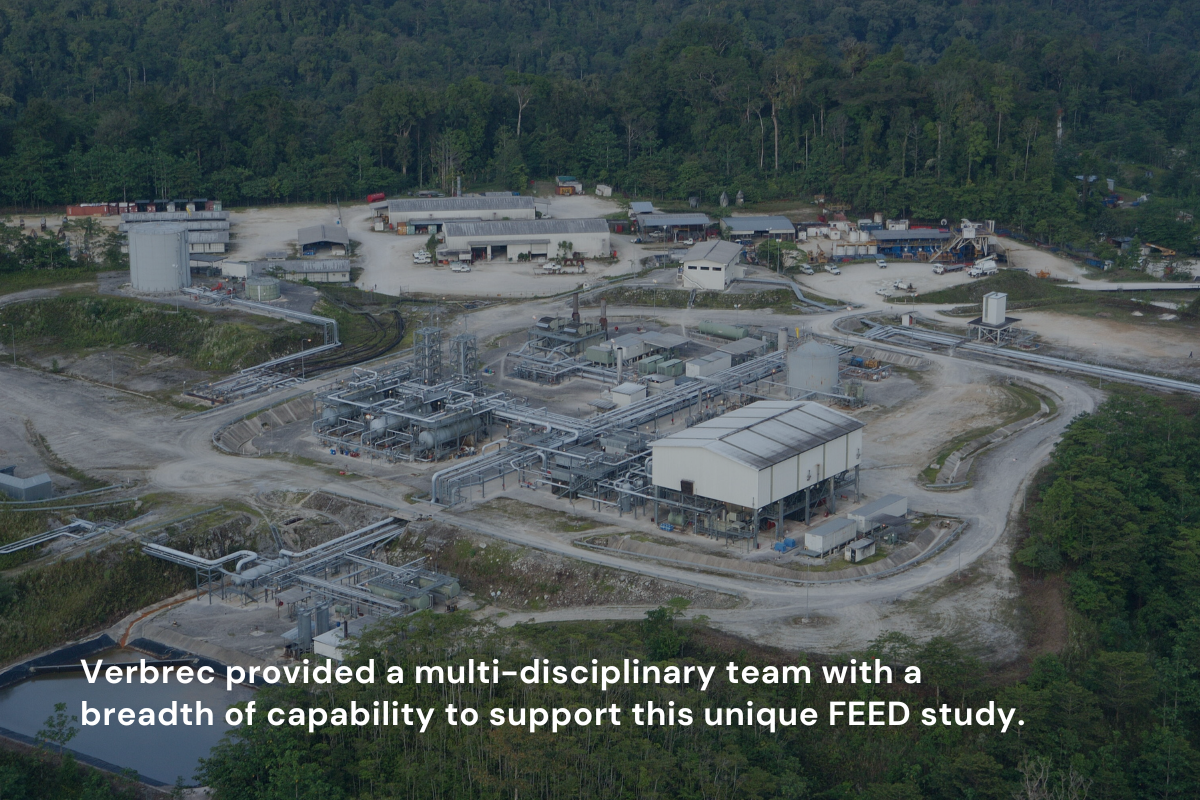
GOBE end of field life feed
From 2021 to 2023, Verbrec supported the delivery of the FEED study of the GOBE End of Field Life project in the southern highlands of Papua New Guinea.
Awarded by a major oil and gas company, the scope included all surface facilities related to 13 well pads and 27 wells, as well as associated flowlines and production and storage facilities. This also included camp, airfield and waste management areas.
The Verbrec team worked on the decommissioning requirements, with a focus on the flushing and cleaning of hydrocarbons from assets to ensure safe demolition.
The company also developed key documentation such as execution plans for demolition and closure, cost-estimate developments, execution planning and logistics planning.
Verbrec provided a multi-disciplinary team with a breadth of capability to support the FEED study, which operated as an integrated team with the client.
This article was developed in collaboration with PPO Projects at the time of publishing.
